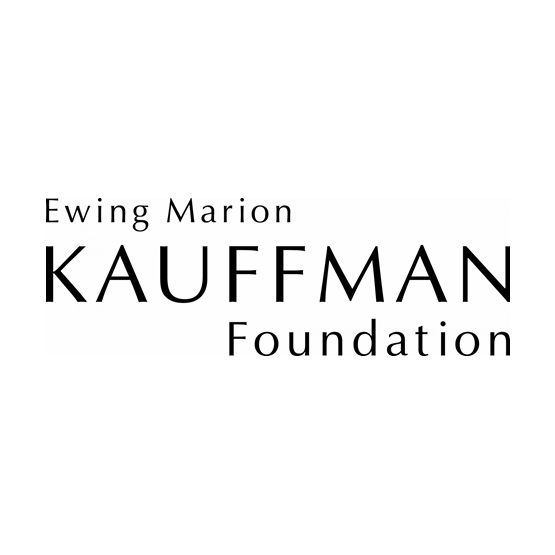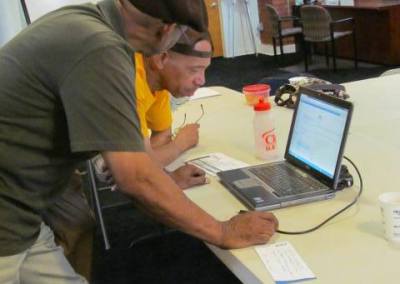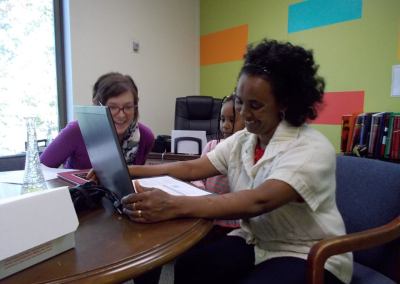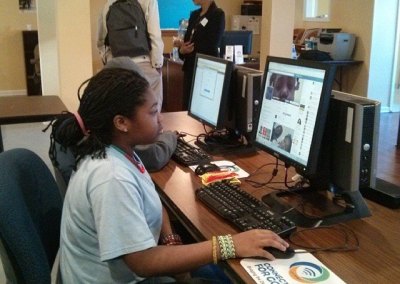Digital Skills Training
classes held at Connecting for Good
students enrolled
Opportunity
Access is only half the battle. With a broadband infrastructure supported from multiple providers including Google Fiber, Comcast/Time Warner, Consolidated Communications and AT&T, Kansas City has a full range of connection options, from the low-end of the spectrum (single Mbps) to gigabit speeds. There is also a variety of hardware options, from low-cost refurbished PCs to public computing centers. But when it comes to matters of digital inclusion, all of this technology is meaningless if people do not have the skills and understanding to use it to achieve their fullest potential. A 2012 survey conducted by Google Fiber and Global Prairie revealed that 17 percent of Kansas Citians (roughly 80,000) do not have access to the internet. Of that number, 41 think the internet is irrelevant and 28 percent lack access. Demographically, 44 percent are seniors, 46 percent are African-American, 42 percent make less than $25,000 a year and 64 percent have a high school education or less. These numbers paint a clear connection between digital literacy and economic viability. Without the skills to navigate life in a digital world, one cannot apply for most jobs, access important health or financial resources, or simply communicate on a day-to-day basis.
Solutions
Digital literacy training forms the cornerstone of any effort to address digital inclusion. Once the technology pieces are in place, in the form of affordable computers and low-cost network access, real investments must be made in digital literacy training. Volunteer work alone is not adequate to sustain the effort. In Detroit, $3.1 million in grant money was awarded to provide Internet access, computers, and training to over 5,000 low-income residents. While the project encountered many barriers to building a new network, 1,500 of 2,100 residents who had been trained through the program began purchasing their own Internet access, suggesting that this training alone was able to significantly bridge a perceived economic gap. There are already a number of training programs under way in Kansas City, some of which have received awards from the Digital Inclusion Fund. These programs provide crucial training in skills including:
- Email use
- Search engine use
- Health/medical info search
- Government services search
- Job applications
- Social networking
- Online shopping
- Online banking
- Classes/certification online
These programs must be supported as part of a metrowide Digital Inclusion Plan and helmed, in part, by the Digital Inclusion Coalition.
Partners







